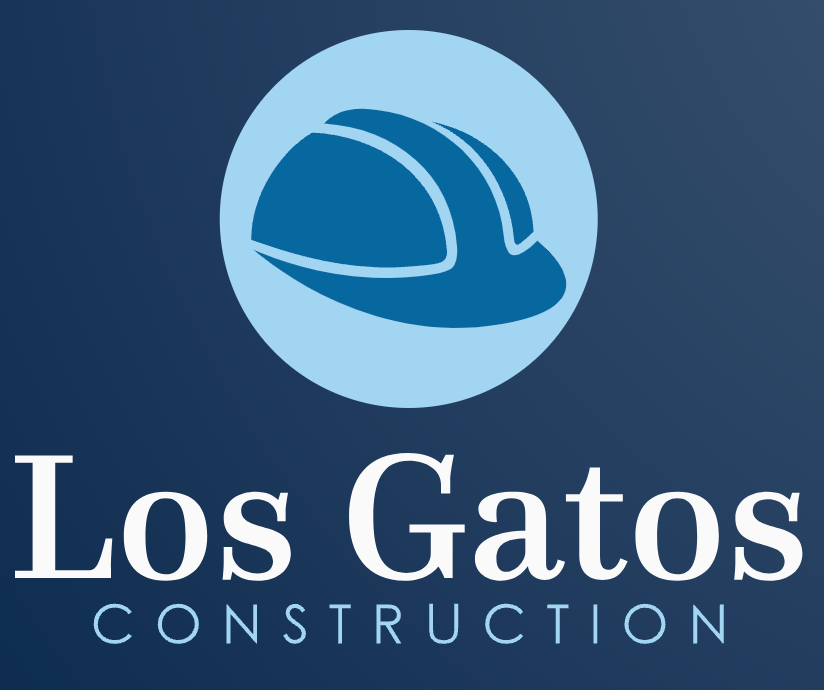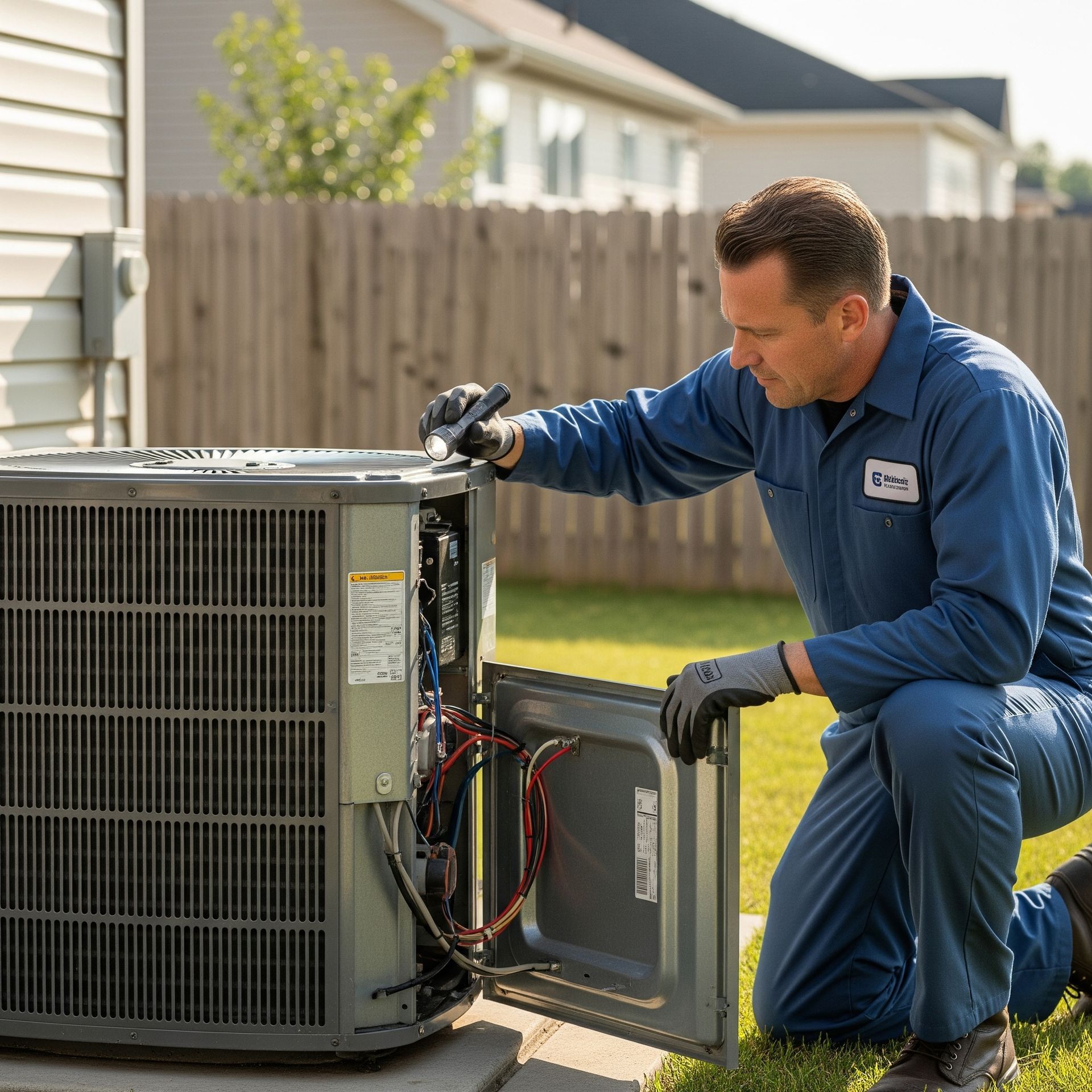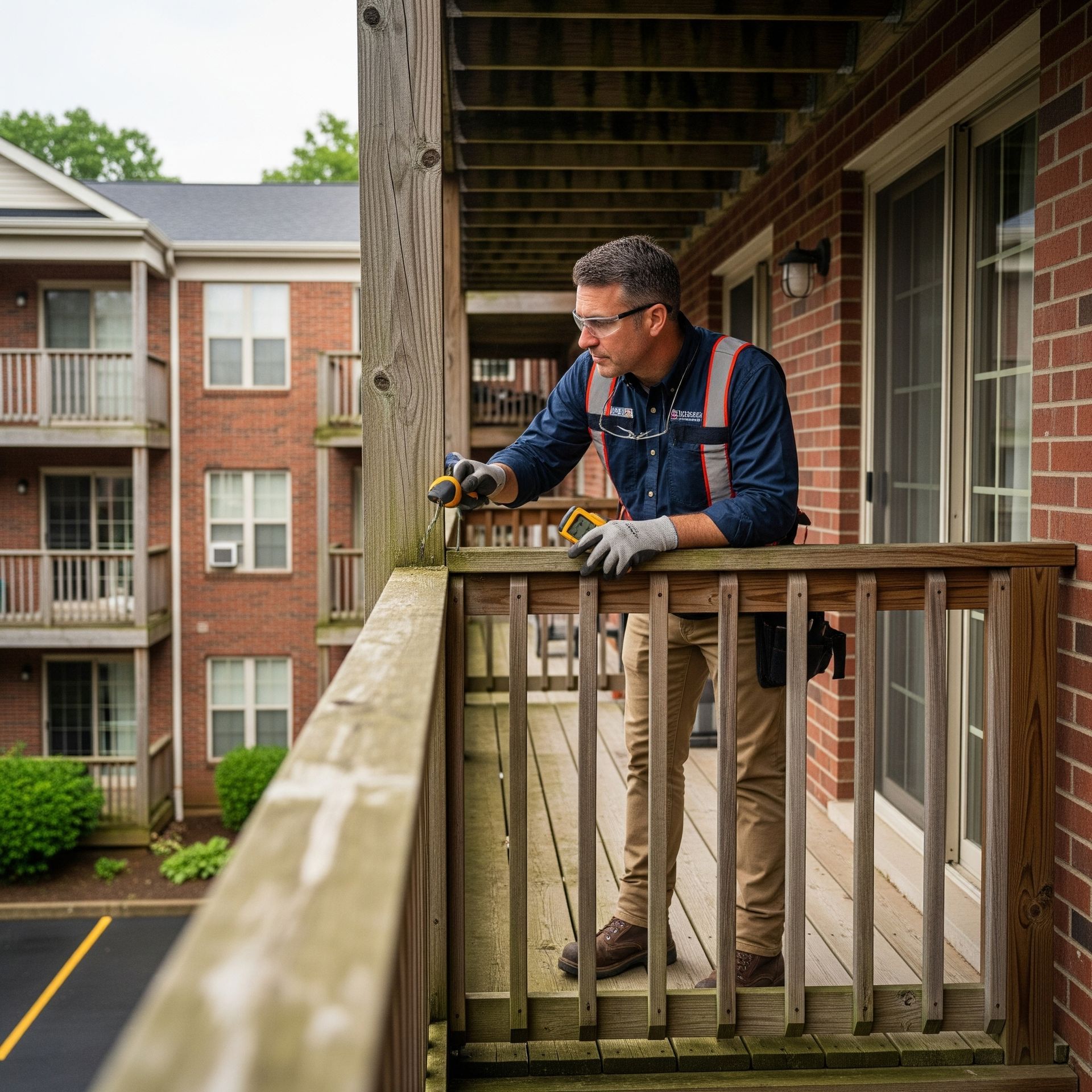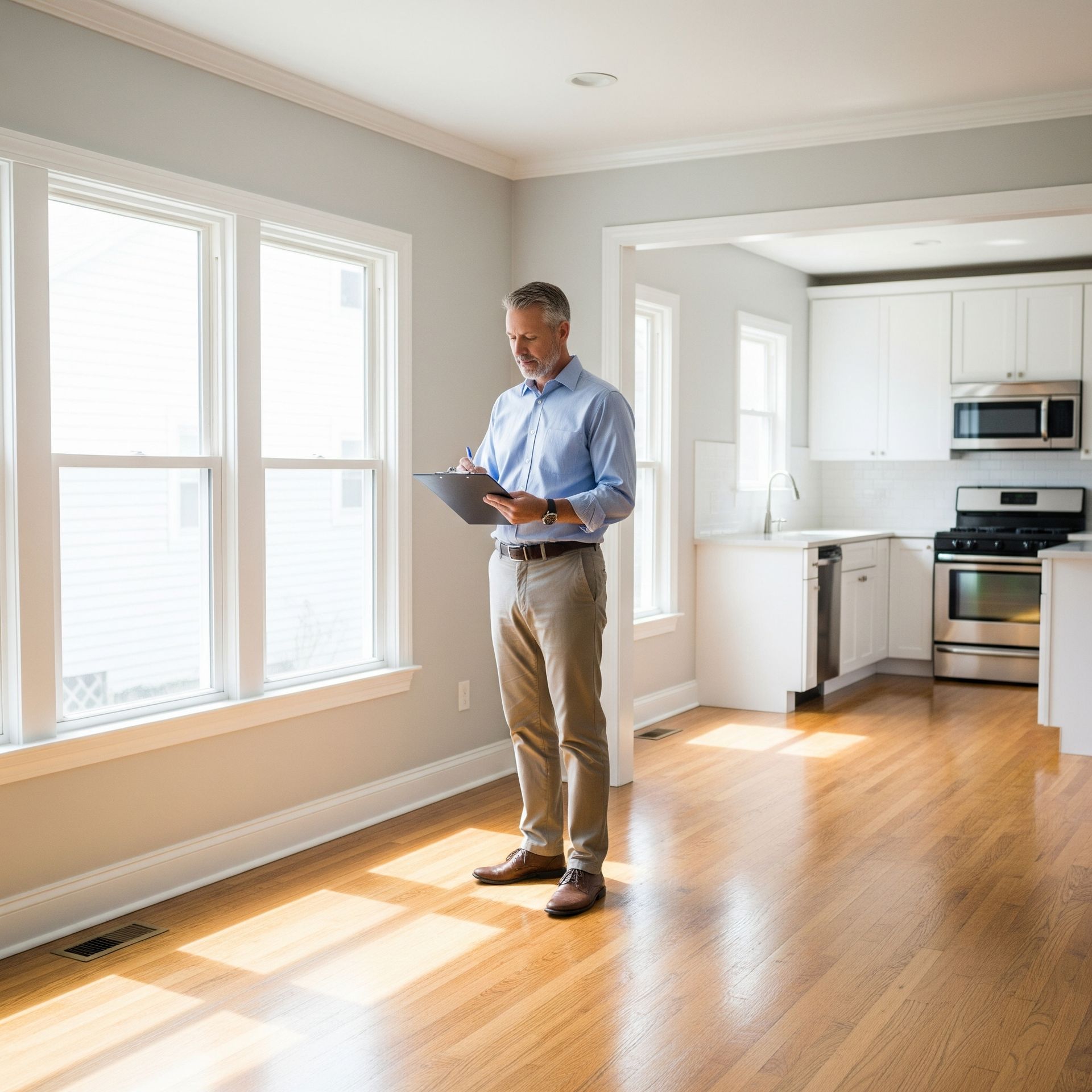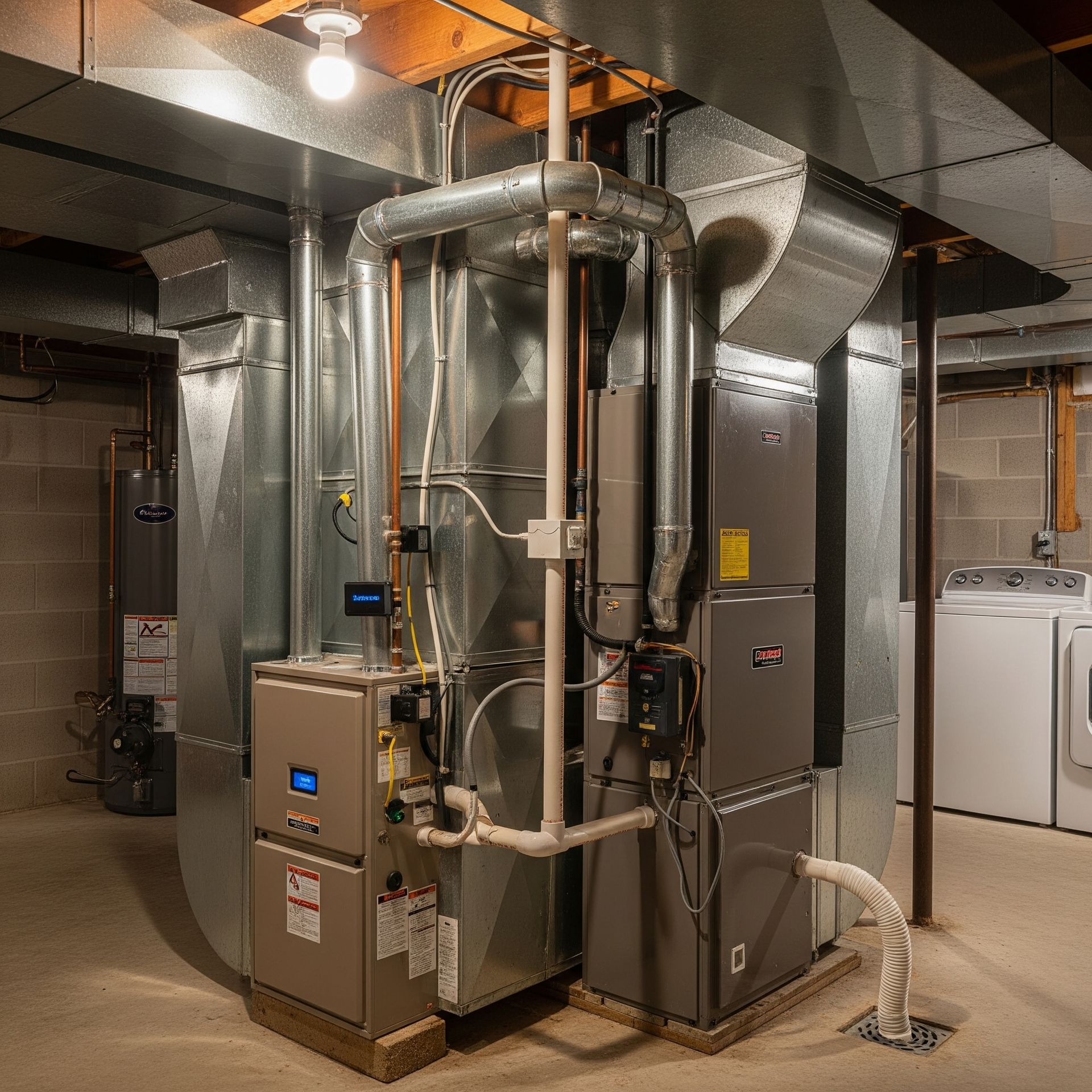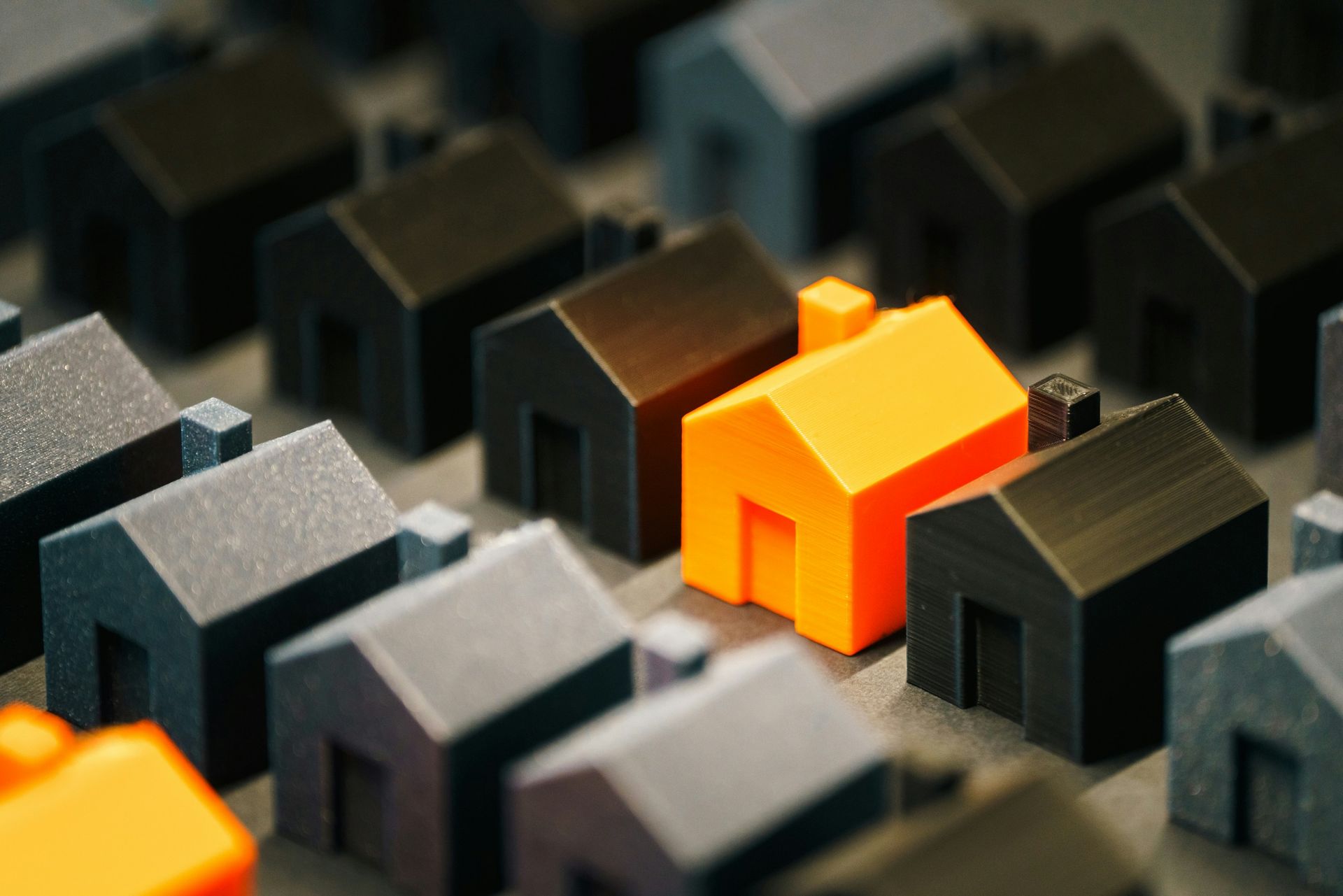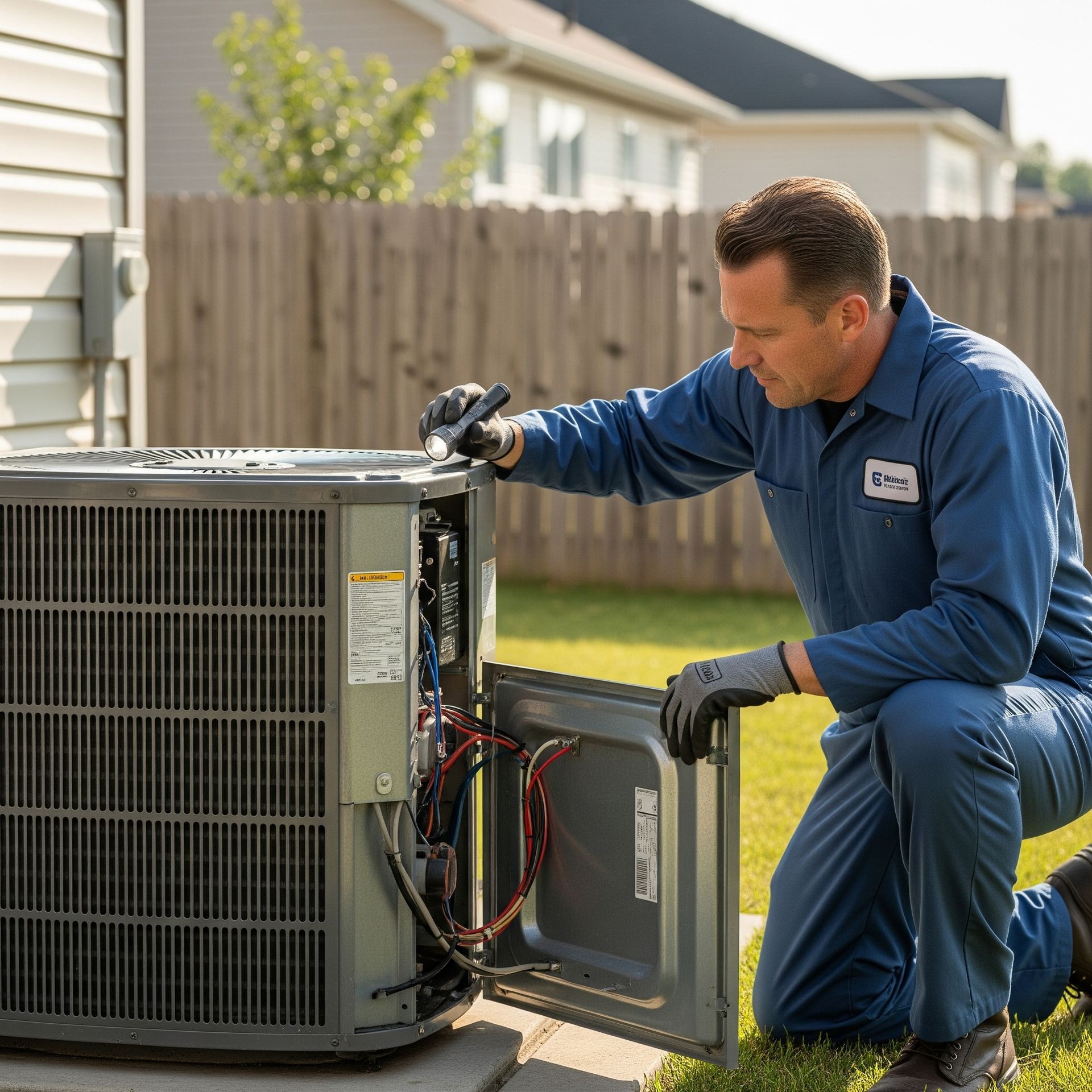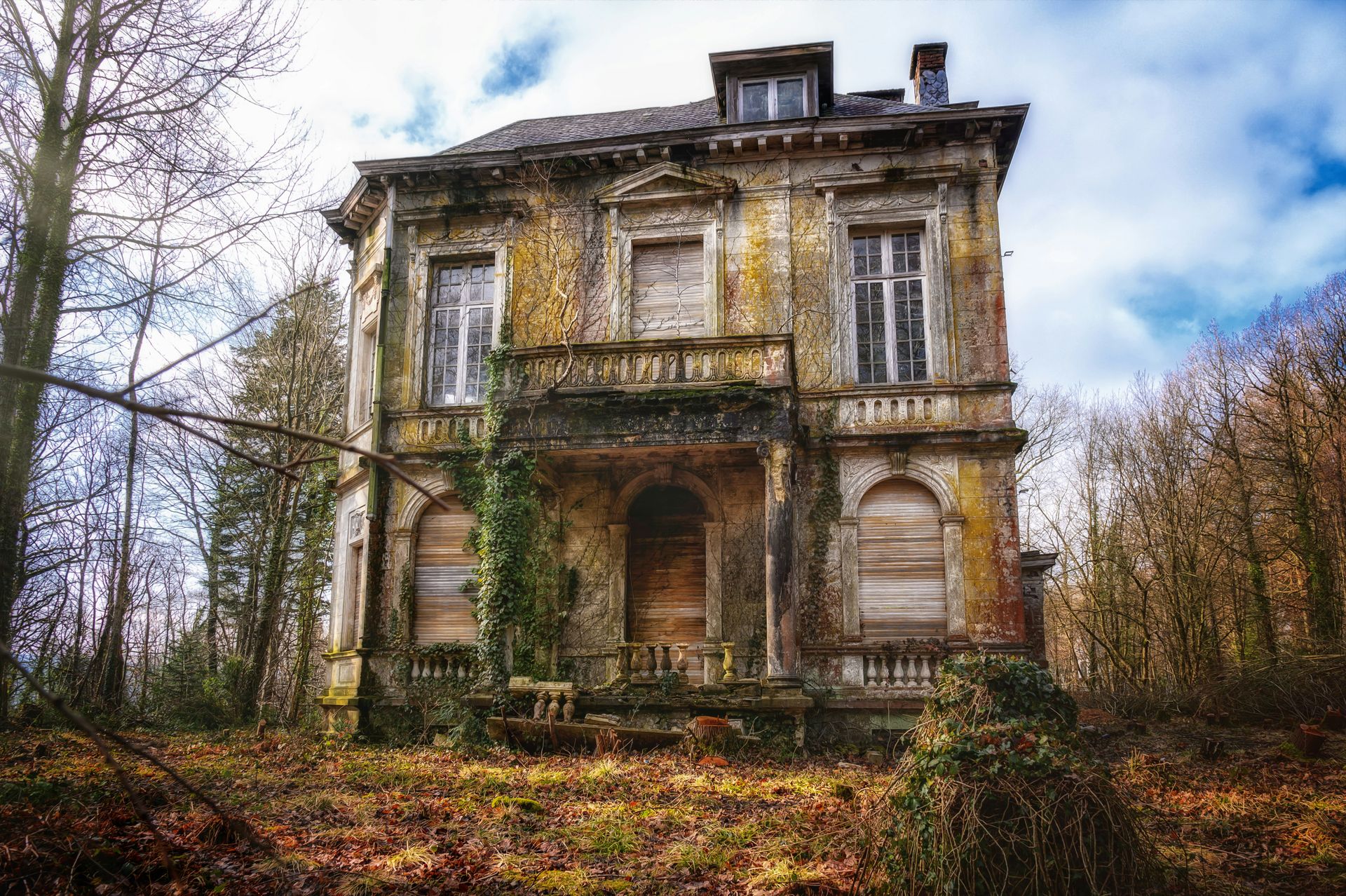What to Ask the Home Inspector Before Purchasing
Purchasing a home is one of the biggest investments you'll ever make, and a comprehensive home inspection is a crucial step in ensuring that your new home is safe, sound, and free from major issues.
Whether you're a first-time homebuyer or an experienced homeowner, knowing the right questions to ask your home inspector can make a huge difference in the outcome of your inspection.
In this article, we’ll cover the things you should ask a home inspector, providing you with a list of questions to ask during home inspection so you can feel confident and informed throughout the process. Whether you’re buying a new home or considering an investment property, these tips will help guide you and ensure you don’t overlook anything important.
Why Should You Ask Questions During a Home Inspection?
A home inspection isn’t just a formality; it’s your chance to uncover potential issues that could become costly repairs down the road.
Having the right set of questions to ask house inspector can help you get a clearer picture of the home’s condition, allowing you to make informed decisions about the purchase. The home inspector is there to evaluate the property and point out both minor and major issues, but it’s your job to ensure you understand the results.
What to Ask the Home Inspector
Here’s a breakdown of questions to ask your home inspector during inspection to get the most out of the process:
1. What Is the Condition of the Roof?
The roof is one of the most significant aspects of any home. Ask your home inspector about the roof’s age, condition, and potential need for repairs or replacement. This will give you an idea of the longevity of the roof and help you plan for future maintenance.
2. Are There Any Plumbing Issues I Should Know About?
Plumbing problems can lead to costly repairs if not addressed. It’s important to ask the inspector about the condition of the pipes, water pressure, and whether there are any signs of leaks, corrosion, or water damage. Knowing these details will help you avoid unpleasant surprises.
3. Are There Any Signs of Mold or Water Damage?
Water damage is often a hidden issue that can cause significant damage to the home’s structure and your health. Things to ask during home inspection should include questions about possible signs of water damage, mold, or mildew. Ask your inspector to thoroughly check the basement, attic, and crawl spaces for signs of moisture.
4. What Is the Condition of the Foundation?
The foundation is the backbone of any home. Questions to ask home inspector about the foundation should include its condition, whether there are any visible cracks or signs of settling, and if it’s likely to need repairs in the near future.
5. Is the Electrical System Up to Code?
Electrical issues are a major safety concern, so it’s essential to inquire about the condition of the electrical system.
Home inspection questions about the electrical system should include whether the panel is up to date, if there are any outdated or faulty wiring, and whether the home has enough outlets and circuits to meet your needs.
6. What About the HVAC System?
Ask your home inspector to evaluate the heating, ventilation, and air conditioning (HVAC) system to ensure it’s functioning efficiently.
What to ask during home inspection should include the age of the system, its condition, and whether it has been properly maintained. An HVAC system in poor condition can lead to high utility bills and discomfort.
7. Are There Any Safety Hazards?
Safety should always be a top priority. Ask the inspector to point out any potential hazards, such as broken stairs, faulty handrails, or improperly installed smoke detectors. Things you should ask home inspector also include questions about the presence of radon or carbon monoxide, which can pose serious health risks.
8. What Is the Overall Condition of the Home?
It’s important to get a general sense of the home’s overall condition. A good inspector will provide an honest evaluation of the home’s strengths and weaknesses. Ask the inspector if they recommend any immediate repairs or if there are any long-term maintenance issues that could arise.
- What Are Some Other Key Questions to Ask During a Home Inspection?
- Are there any signs of pests (termites, rodents, etc.)?
- Is the home compliant with local building codes?
- What are the estimated costs for any recommended repairs?
- Are there any energy-efficiency issues?
- Can you provide maintenance tips to keep the home in good condition?
These questions to ask house inspector will provide you with a detailed picture of the property’s condition, which can be invaluable in negotiating the price or deciding whether to move forward with the purchase.
What Are Some Other Key Questions to Ask During a Home Inspection?
- Are there any signs of pests (termites, rodents, etc.)?
- Is the home compliant with local building codes?
- What are the estimated costs for any recommended repairs?
- Are there any energy-efficiency issues?
- Can you provide maintenance tips to keep the home in good condition?
These questions to ask house inspector will provide you with a detailed picture of the property’s condition, which can be invaluable in negotiating the price or deciding whether to move forward with the purchase.
Ensuring Compliance with SB 721
If you’re buying a multi-family property, what to ask during home inspection should include specific inquiries about compliance with SB 721, California’s law requiring inspection of balconies and other elevated structures. If you want to know more about this important regulation, visit our page on SB 721 Compliance.
What to Expect During the Home Inspection Process
Understanding the home inspection process can help you prepare and make the most of your inspector's visit. A typical home inspection takes 2-4 hours, depending on the size and condition of the property.
The inspector will examine key systems and components, including the exterior, interior, roof, plumbing, electrical, HVAC, and structural elements. After the inspection, you’ll receive a detailed report outlining the findings, often with photos and recommendations for repairs or further evaluations.
Ask your inspector about the scope of their inspection and whether they use specialized tools, such as thermal imaging cameras or moisture meters, to detect hidden issues.
It’s also helpful to inquire about the timeline for receiving the inspection report and whether they’re available for follow-up questions. Being present during the inspection allows you to ask questions in real-time and gain a better understanding of the home’s condition.
Why Choose Los Gatos Construction for Your Home Inspection Needs?
When you’re ready to schedule your home inspection, trust the professionals at Los Gatos Construction.
Our team of experienced inspectors is committed to providing thorough and reliable home inspections, giving you the peace of mind you deserve. With detailed reports and expert advice, we ensure that you understand exactly what you’re getting into before making any major decisions.
For a complete list of services, visit our Services Page, or if you're wondering if we serve your area, check out our Service Areas.
Contact Us Today!
Ready to schedule your home inspection? Don’t hesitate to get in touch with us through our Contact Page. We’re here to answer all your questions and ensure you’re making an informed decision about your future home.
Final Thoughts
Knowing the things you should ask home inspector during your home inspection is key to making a wise, informed decision.
By asking the right questions, you can ensure that your new home is safe, secure, and free of hidden issues that could cost you down the line. With the right team at your side, including the experts at Los Gatos Construction, you’ll have the guidance you need to move forward with confidence.
Let us help you protect your investment,
schedule your home inspection with us today!
